Cape Town port issues escalate ongoing problems could lead to courts being involved as the country’s fresh produce industry says “enough is enough” The present port crisis in the container terminal at the port of Cape Town could end up in court as frustration across the fruit export industry grows.
Industry leaders told weekend newspapers in South Africa that they are seeking legal advice over taking the port authority to court, to recoup losses suffered because of delays.
“What happened over the past few weeks (with delays in the container terminal in Cape Town) is no longer acceptable,” said Hortgro’s executive director Anton Rabe. “That is why we are seeking legal advice to recoup losses due to delays resulting in the loss of quality and condition and internal movement of fruit in South Africa simply to get the fruit out of the country.”
Rabe told South African media at the end of last week that despite many promises and weekly meetings during the lead into the season, nothing much has changed since last year.
“Ironically, there has been some improvement this weekend,” he told Fruitnet this morning (15 January), explaining that there had been better movement through the port the past week.
“The fact is that we must move 3,000 containers every week to deal with the table grape and stonefruit crops,” Rabe continued. ”Pear exports have also started and the pressure on shipments will increase during the next few weeks. Exporters are moving containers to Eastern Cape ports and this will help to reduce pressure in Cape Town.
“Despite all this we cannot accept this situation any longer and we will have to take action,” he said.
Some grape exporters in the Western Cape told Fruitnet at the end of last week that they had been packing for almost three weeks and had been unable to ship any containers through Cape Town.
There have been unconfirmed reports that millions of cartons of grapes have been held up in Cape Town because of delayed shipments.
The problems have to some degree been caused by strong winds in the area of the container terminal, but exporters and growers said that mostly inefficiencies and lack of sufficient equipment to load ships were the major problems.
In this whole saga, those exporters who secured space on the specialised reefer vessels which have been introduced this season are managing to ship at least some of their volumes.
Conventional reefers are now loading weekly in Cape Town for shipments to Europe and the UK, and there is a scramble amongst exporters to get space on these vessels.
Rabe said he expected there would be a stronger focus on specialised reefer shipments in future.
“It is a more expensive option, but growers and exporters have learnd their lessons,” he commented. ”The terminals where these vessels are loaded are less exposed to the wind and there are greater efficiencies in loading.”
Shippers of early stonefruit to the US have been badly affected by the delays in the container terminal. Lohan Marais of Icon fruit says the first vessel was delayed by more than two weeks. “We started shipping on the second vessels and things have improved with loading of the third vessel this weekend.”
Consideration is now being given to introducing a charter vessel during the next few weeks to deliver fruit directly to Philadelphia, which is closer to depots of customers in the USA.
“There are great opportunities this year for South African stonefruit and table grapes in the US because of market conditions,” Marais explained. ”It will be a pity if we miss them due to delays in Cape Town.
”It is also ruining our reputation as suppliers of top quality fruit and our efforts to build a market in the US for these products,” he added.



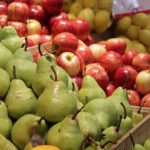
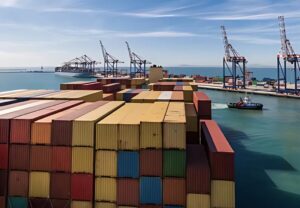
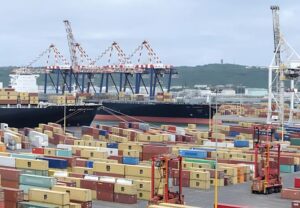


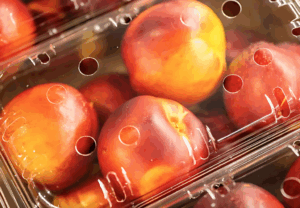

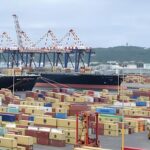





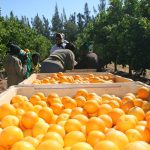
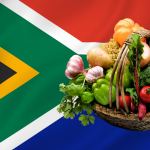
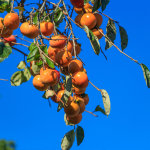












Add comment